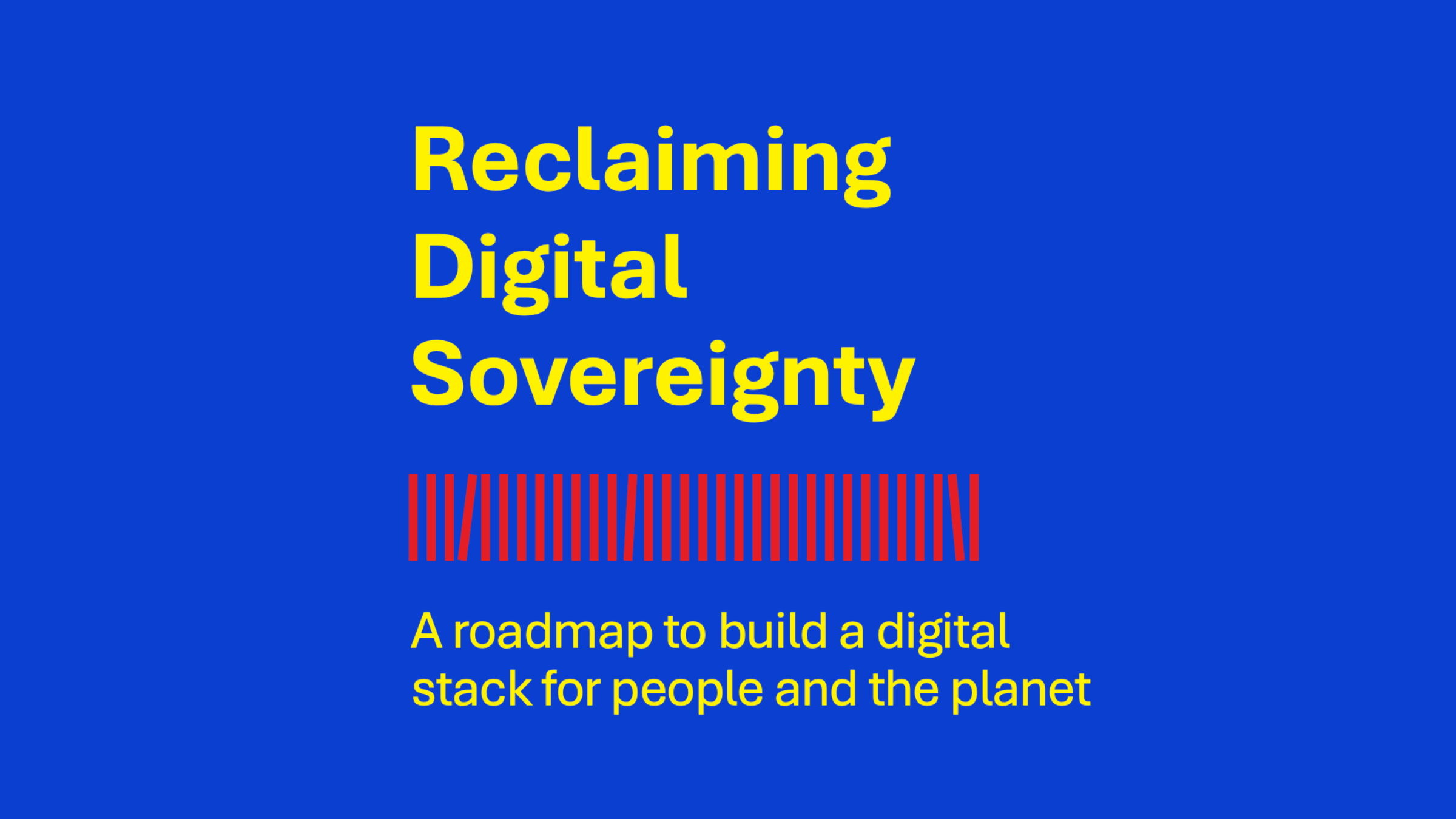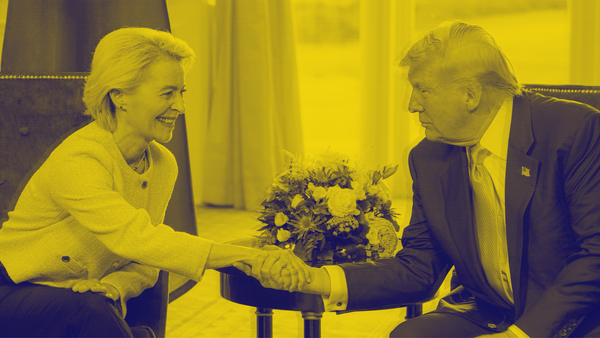The election of Donald Trump to a second term is causing countries around the world to question their continued reliance on the United States across a whole range of areas. But seeing how forcefully the billionaires of Silicon Valley have gotten behind him and the demands they’re making from the new administration to protect their own interests regardless of the cost to anyone else must force us to finally revive the question of sovereignty in the technological sphere.
Before the internet came along, it was common for countries around the world to be concerned and even try to fight the influence that the United States or European colonial powers before it could exert on their domestic affairs. In the mid-twentieth century, it wasn’t uncommon for countries to see IBM as a tool of US power. Governments brought in laws to limit foreign ownership in key sectors, promote local cultural production and public broadcasting, and shape the way new media and communications technologies rolled out to better align with their values. But then everything changed.
The internet rolled out at a moment when the prevailing political orthodoxy was one of deregulation and empowerment of the private sector. The message coming from the United States and the interest groups arrayed behind its plan to commercialize the network was that government needed to keep its hands off what happened online, at risk of facing the ire of US diplomats or be accused of restricting the rights of their citizens. That enabled not just the corporate digital dystopia we’re now trying to rein in, but also one that was largely dominated by the US companies that had a head start in dominating the virtual economy.
Three decades later, it’s clear that tradeoff isn’t working out any longer. US tech companies feel they’re above the law and can operate as they please, and when they’re faced with regulation they increasingly lash out at governments who dare to try to enforce some basic rules on how they operate. Meanwhile, the US government is placing restrictions on its technological competitors, like in China — actions it once told other countries they couldn’t place on US companies to protect their domestic competitors — while telling its allies they need to choose: either they accept the continued dominance of Silicon Valley or there will be dire consequences. Under Trump, that pressure is only poised to increase.
We don’t need to accept that false choice.
In a new white paper I co-authored with Cecilia Rikap, Cédric Durand, Edemilson Paraná, and Paolo Gerbaudo, we make the case that countries have another option. Instead of being forced to choose between the US and China, governments should work together to make the necessary investments to build physical infrastructure and develop digital platforms and services that serve their people and the planet, instead of the dominant geopolitical forces.
We lay out a series of policy proposals that envision a wholly different vision for digital technology — one that returns power to governments and their citizens outside the United States and China, and that ensures technological development is reoriented toward public flourishing instead of maximizing the profits of tech companies and the power of the countries they’re headquartered in. Tech discourse often positions the government as an inherent threat to people’s rights, while far too often letting corporations off the hook. But if we’re ever to seriously challenge the power of major tech companies, the power of government will need to play an essential role.
Our proposal is an ambitious one — and a radical one as well. But given the circumstances, it’s time to be bold to push the debate in the direction it needs to go, and hopefully the policies will follow. As we head into a Trump term fueled by radicalized tech billionaires, a serious plan to return digital sovereignty to the parts of the world that have so long been denied it is more important than ever. We hope our white paper can contribute to that discussion.
The full white paper is available on the website of University College London’s Institute for Innovation and Public Purpose. It’s available in English, Spanish, and Portuguese.










Member discussion